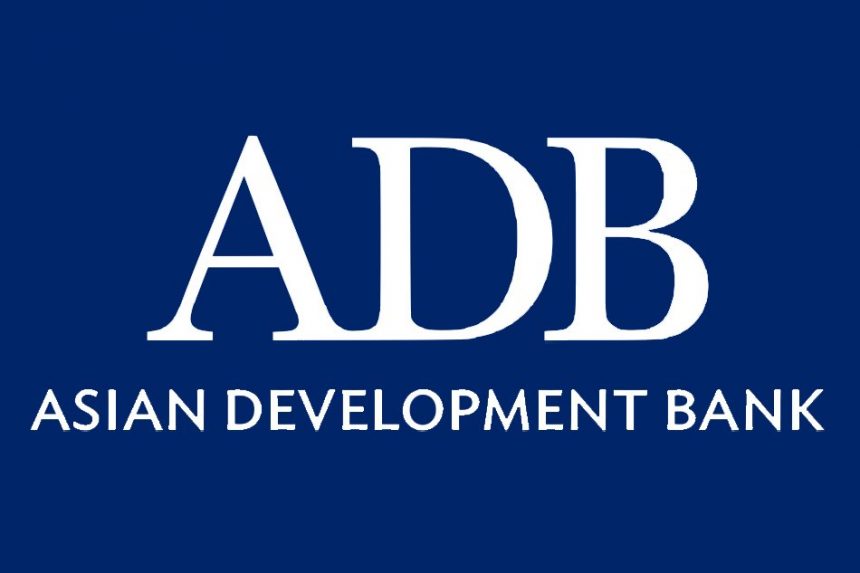Georgia is forecast to return to economic growth of 4.5% in 2021 from expected recoveries in tourism, private consumption, investment, and net exports, following a contraction this year from the coronavirus disease (COVID-19) pandemic, according to a new Asian Development Bank (ADB) report.
In ADB’s flagship annual publication, Asian Development Outlook (ADO) 2020 Update, the bank forecasts a 5.0% contraction in economic growth in 2020 in view of the adverse effects of COVID-19 on the economy and investment climate, but a rebound in 2021. Real gross domestic product (GDP) declined by an estimated 5.8% in the first half of this year against 4.8% growth in the same period of 2019.
“Georgia has adopted several measures to mitigate the impact of COVID-19 on the economy including easing bank regulations and tax collection, broadening social packages, a cautious reopening of businesses and the promotion of internal tourism,” said ADB Country Director for Georgia Shane Rosenthal. “The recovery can be maintained by prolonging certain tax and credit concessions, stimulating private sector development, and strengthening health institutions in preparation for a possible second wave. ADB remains fully committed to helping Georgia overcome the pandemic and we’ll be there to help the country realize a new era of diversified and inclusive growth.”
The report forecasts inflation in Georgia to reach 6.0% and 4.5% in 2020 and 2021, respectively, higher than the bank’s previous estimates in its Asian Development Outlook, released in April. In the first half of 2020, inflation was 6.4%, up from 3.6% last year, reflecting price increases of 13.6% for food, 4.3% for other goods, and 2.2% for services. Core inflation reached 6.6% and the producer price index rose by 10.1%. The Georgian lari depreciated by 4.4% year on year in real terms as inbound tourism and foreign direct investment plunged, though the National Bank of Georgia, the central bank, intervened to smooth the decline.
Restrictions to contain COVID-19 cut private investment by 1.9%. Public consumption recorded a small decline of 0.9%, and public investment of 0.8%, but both are expected to strengthen in the remainder of 2020 and support private consumption and investment following the announcement of fiscal stimulus equal to 7.5% of GDP. The report sharply raises projections for Georgia’s current account deficit in 2020 and 2021 to 11% and 8%, respectively, following a near-doubling of the deficit in the first quarter of this year as a 29.8% decline in receipts from tourism cut exports of services by 15.6%.
The possibility of a prolonged disruption of tourism and external demand and supply chains continues to weigh on the growth forecast, as does the prospect of a slowdown in government processes following parliamentary elections in October.
ADB is committed to achieving a prosperous, inclusive, resilient, and sustainable Asia and the Pacific, while sustaining its efforts to eradicate extreme poverty. Established in 1966, it is owned by 68 members—49 from the region, – information released by ADB reads.
